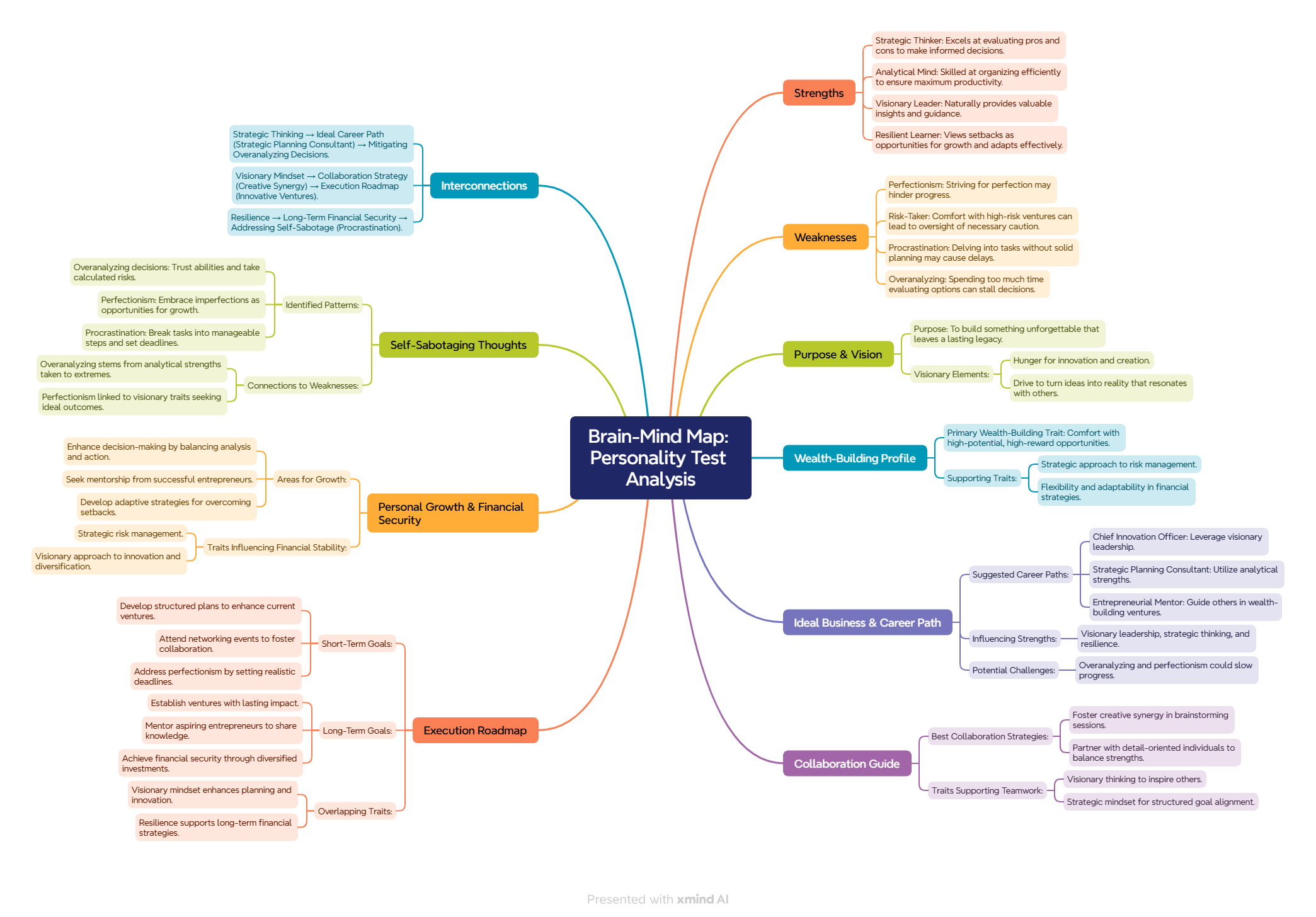A positive attitude towards nutrition is essential for individuals seeking to balance their family responsibilities and career demands effectively. Rather than viewing nutrition merely as a checklist of items to consume or avoid, it is beneficial to embrace it as a vibrant, enjoyable aspect of life. This shift in perspective can significantly influence both personal eating habits and the dietary choices of the entire family. When caregivers approach nutrition positively, they set a tone for their children and partners, promoting an environment where healthy choices become part of daily life rather than a source of stress.
Fostering this positive mindset begins with recognizing that perfection in nutrition is unattainable. Families often have differing schedules and preferences, making it unrealistic to expect everyone to adhere to a strict diet all the time. Instead of striving for perfection, individuals should aim for balance and flexibility in their dietary choices. This approach can help alleviate the pressure that often accompanies meal planning and preparation, allowing families to enjoy food together without anxiety over every ingredient. Celebrating small victories, such as incorporating more fruits and vegetables into meals or enjoying a family cooking session, can boost morale and reinforce the idea that improving one’s diet is a continuous journey rather than an end goal.
Additionally, it is important to encourage open conversations about food and nutrition within the family. Sharing thoughts and feelings about dietary preferences and choices creates a sense of collaboration and inclusion. Engaging children in the process of choosing and preparing meals can nurture their interest in nutrition while simultaneously helping them develop a positive relationship with food. Over time, this collaborative approach can transform healthy eating from a challenge into a shared family value, steering everyone towards better nutrition and overall well-being.









